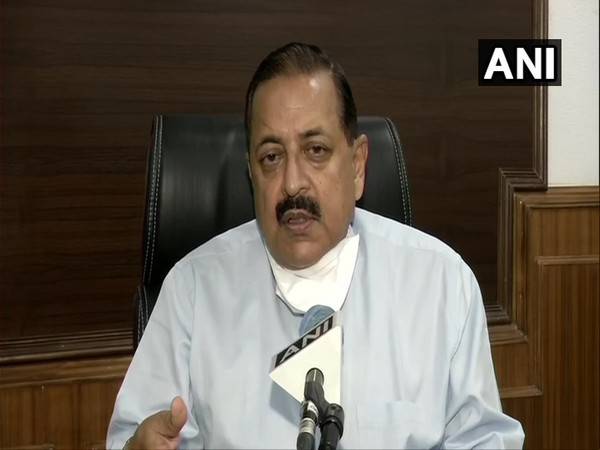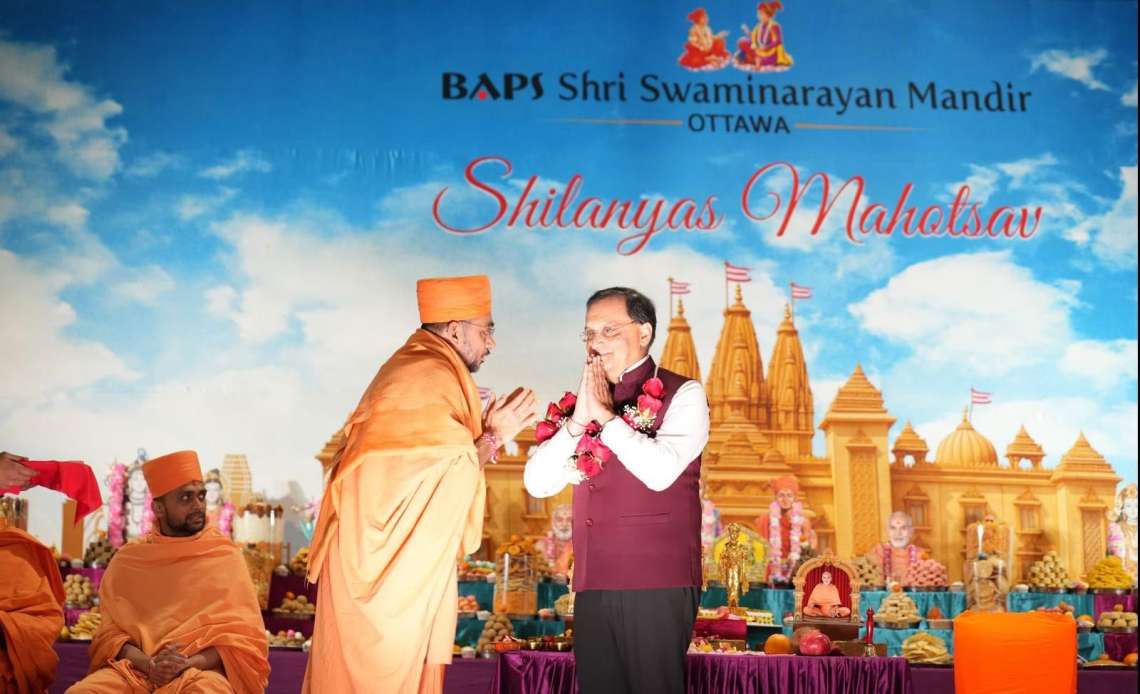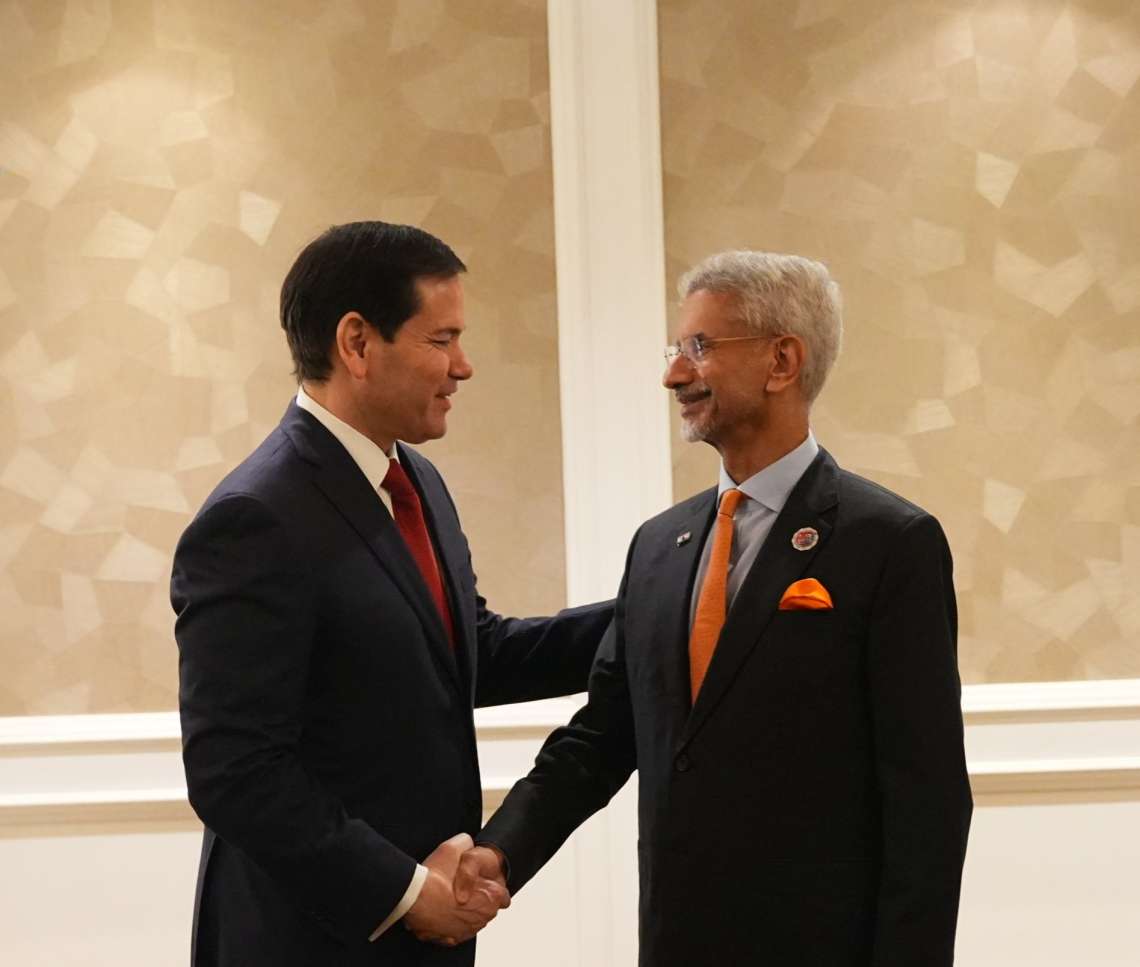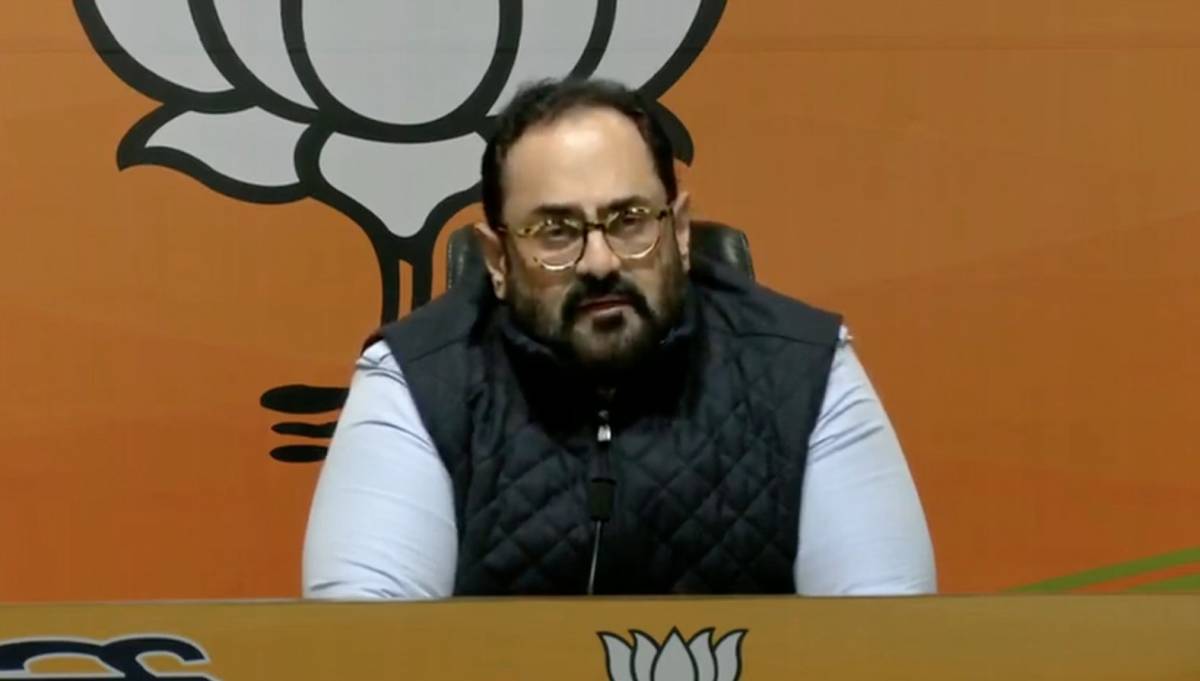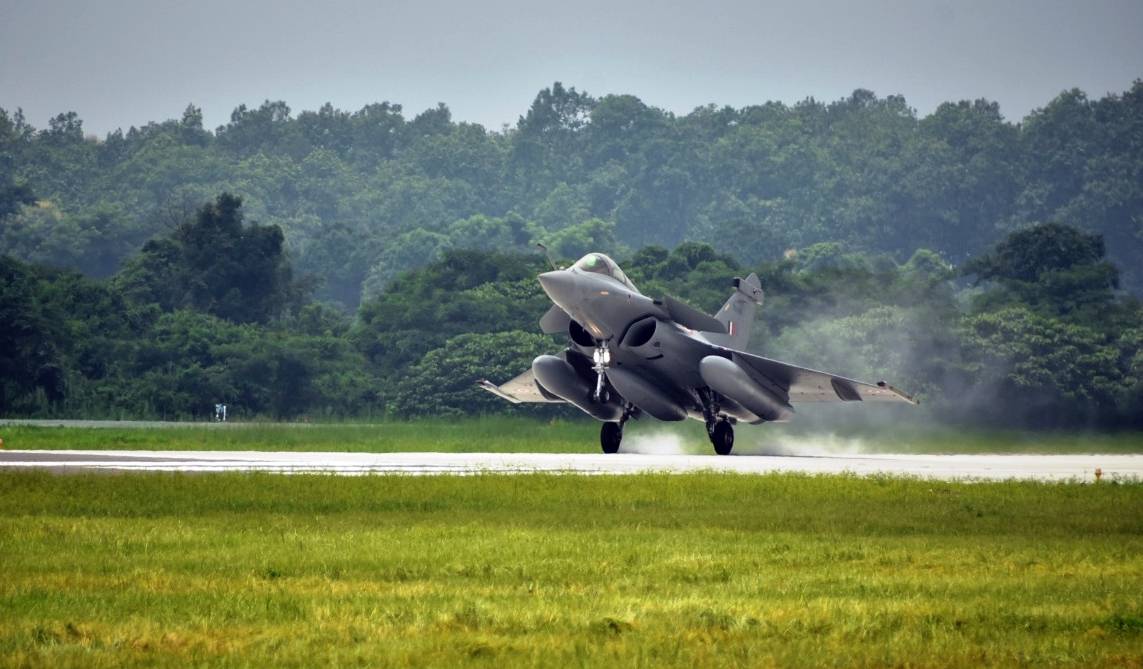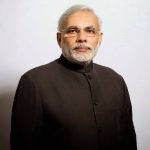Chandrayaan-3 realisation resumed after commencement of unlock period and is in matured stage of realisation, said the minister…reports Asian Lite News
Chandrayaan-3 is likely to be launched during third quarter of 2022 assuming normal workflow henceforth, the Parliament was told on Wednesday.
“Realisation of Chandrayaan-3 is in progress. The realisation of Chandrayaan-3 involves various process including finalisation of configuration, subsystems realisation, integration, spacecraft level detailed testing and a number of special tests to evaluate the system performance on earth,” Science & Technology Minister and Minister of State Atomic Energy and Space, Dr Jitendra Singh, told the Lok Sabha in a written reply.
Noting that the realisation progress was hampered due to Covid-19 pandemic, he said that all works that were possible in work-from-home mode were taken up even during the lockdown periods.
Chandrayaan-3 realisation resumed after commencement of unlock period and is in matured stage of realisation, the minister said.
On Monday, Indian Space Research Organisation (Isro) chief K Sivan said that the first uncrewed mission planned for December as part of the human space flight programme Gaganyaan would be delayed because of Covid-19, which had caused a disruption in the delivery of key components.
Before the second wave of the pandemic in April-May, Isro finished manufacturing the propulsion system for Chandrayaan -3 and started tests on it. The lander and propulsion systems were being integrated and several tests were planned for the middle of the year.
A successful moon landing would have made India the fourth country in the world to land a rocket on the moon after the US, the erstwhile USSR, and China, and the first to have landed close to the lunar South Pole.
“There were several big-ticket missions planned for 2020 and 2021; many commercial missions too. Now all the missions are getting pushed and it will have an impact on the image of India’s space mission internationally. We haven’t been able to successfully create a bio-bubble like China and US that have been carrying out missions through the pandemic,” said Ajay Lele, senior fellow working on space security and strategic technologies at Institute for Defence Studies and Analyses.


